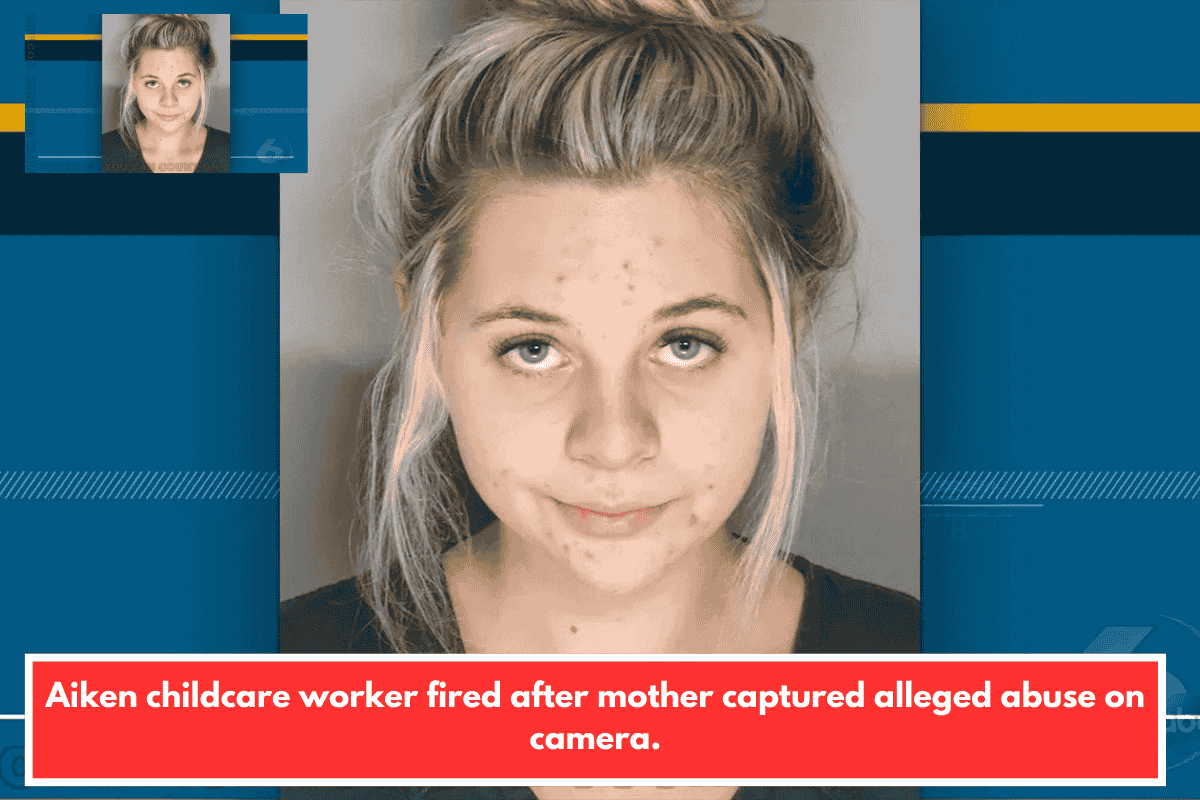No Statewide Rent Control:
Georgia does not have statewide rent control laws, meaning there is no legal cap on how much a landlord can raise the rent at the end of a lease or for month-to-month tenants. Rent amounts are largely determined by market conditions, demand, and landlord discretion.
Notice Requirements:
- Month-to-Month Leases: Landlords must provide at least 60 days’ written notice before a rent increase takes effect.
- Fixed-Term Leases (6-12 months): Rent cannot be increased during the lease term unless the lease specifically allows it. For renewal, landlords must provide 6 months’ notice before raising rent.
- The notice must specify the new rent amount and the date it will take effect. Verbal notice is not sufficient.
Limitations and Protections:
- No Mid-Lease Increases: Rent cannot be raised during an active lease unless the lease agreement allows it.
- No Retaliatory or Discriminatory Increases: Landlords cannot raise rent in retaliation (for example, after a tenant files a complaint) or for discriminatory reasons (such as race, gender, or disability).
- Special Protections for Seniors: Recent legislation (HB 938) restricts rent increases for tenants over 62 who primarily receive Social Security or disability benefits.
Local Exceptions:
While there is no statewide rent control, some local jurisdictions or specific housing programs may impose their own limits. Always check your local ordinances for additional protections.
Market Trends for 2025:
- The median rent in Georgia is projected to increase by about 2.5% in 2025, though some areas may see larger hikes depending on local demand.
- Nationally, rent increases for studios and one-bedrooms are expected to be higher, but Georgia’s overall rent growth is forecasted to be moderate compared to some other states.
What To Do If You Receive a Rent Increase Notice:
- Negotiate: You can try to negotiate with your landlord for a smaller increase.
- Decline and Move: If you cannot afford the new rent, you may choose not to renew your lease and move out at the end of your current term.
- Legal Recourse: If you believe a rent increase is retaliatory or discriminatory, you may have grounds to challenge it.
Summary Table
| Lease Type | Notice Required | Cap on Increase? | Special Protections |
|---|---|---|---|
| Month-to-month | 60 days | No | Seniors on Social Security/Disability |
| Fixed-term (6-12 mo) | 6 months | No | Seniors on Social Security/Disability |
Bottom Line:
Landlords in Georgia can raise rent by any amount with proper notice, except in rare cases where local rules or special protections apply. Tenants should review their lease, understand notice requirements, and be aware of recent protections for seniors and those with disabilities.
SOURCES
[1] https://www.hemlane.com/resources/georgia-rent-control-laws/
[2] https://www.doorloop.com/laws/georgia-rent-increase-notice
[3] https://www.steadily.com/blog/rent-increase-laws-regulations-georgia
[4] https://dca.georgia.gov/affordable-housing/housing-development/housing-tax-credit-program/housing-tax-credit-compliance-5
[5] https://metroatlantaceo.com/news/2025/01/georgia-rent-prices-forecasted-increase-25-2025/













